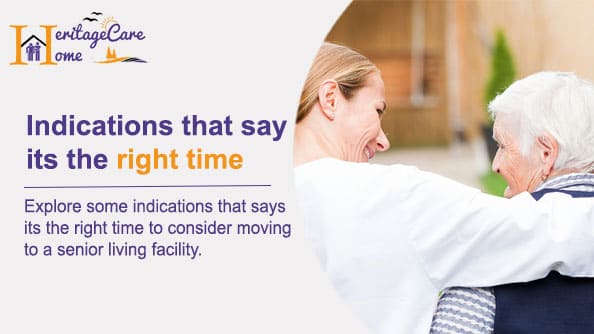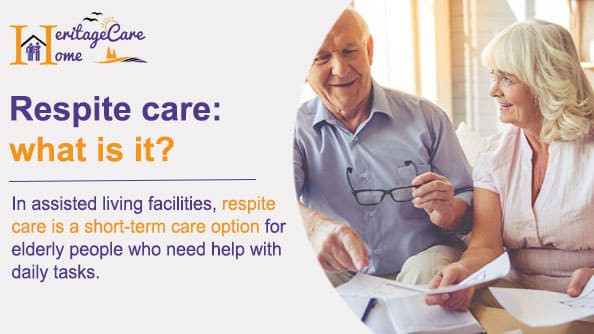
You've seen your parents become older, which has been both a joy and a curse. These days, both amusing and heartbreaking tales from their youth (and yours) tumble forth, but you notice the voice delivering them has gotten softer. They have plenty of time to go, but because of their slowing down, it takes longer to get from A to B. They used to be neatniks, always nagging you to tidy your room, but now you're the one seeing dust on the furniture and other indications that they aren't keeping up with cleaning.
These are all typical aging symptoms that might appear gradually. But should we be worried about them?
Should Mom or Dad live in a facility for assisted living?
No, not always. People who require assistance with what the medical industry refers to as ADLs, or activities of daily living, are the target audience for assisted living residences. ADLs might be fundamental, like feeding, dressing, and maintaining personal cleanliness, or they can be useful, like controlling prescriptions or money. It might be time to think about moving when a loved one needs assistance with these tasks that go beyond what external services like supermarket delivery can offer.
Here are seven unnoticed indicators that your parent may be safer, happier, and healthier in assisted living:
An unorganized medication cabinet:
A glance inside the medical cabinet may uncover misplaced containers for tablets or disorganized pharmaceutical bottles. As people age, maintaining their medicines and making sure they are taken as prescribed can be particularly difficult for seniors who take various drugs.
The decreasing balance in the bank:
The vulnerability of older people to deception is very great. Mom or Dad may be losing control of their finances if they frequently write checks to "charities," depend on a "new best friend" for financial guidance, or have unread bills from brokerage firms you've never heard of
Either a loss of appetite or weight:
Losing weight and a desire to eat are indications of inadequate nutrition, which is a problem, but they are also indicators of depression, which can impair performance in many everyday activities.
Not taking any action:
Loss of interest in previous pastimes and social disengagement are additional covert symptoms of depression that have become more common since the epidemic. In reality, social disengagement may be the cause of depression.
Ridged nails or dry, brittle hair:
These could be symptoms of Mom's inability to feed herself. Since proteins make up hair and nails, they are trustworthy markers of insufficient nutrition. Other symptoms include melancholy and agitation.
The automobile or garage has dents and scrapes:
Accidental mentions of "always getting lost" or signs of collisions are warning signs that Mom or Dad should not be allowed to drive. Additionally, keep an eye out for lane drifting or straddling if you're a passenger in their vehicle.
Your own increasing degree of tension:
Stress catches us off guard. According to estimates, 40% to 70% of caregivers experience depression on their own. Consider that this might be the most revealing hidden symptom if you find that your concern for your loved one's safety and wellness is growing. Pay attention to what your body is trying to tell you about your parents.
The Assisted Living indications should be visible
Assisted living facilities run by Heritage Care Home Senior Living may relieve you and your loved one of any tension. Our clients are relieved of daily tasks and errands and have access to full-service healthcare facilities nearby. Even during the epidemic, residents of Heritage Care Home's assisted living facility benefited from superb cuisine, a variety of social activities, and assistance with everyday tasks. Find out more about assisted living at Heritage Care Home and check if there is a community nearby.








